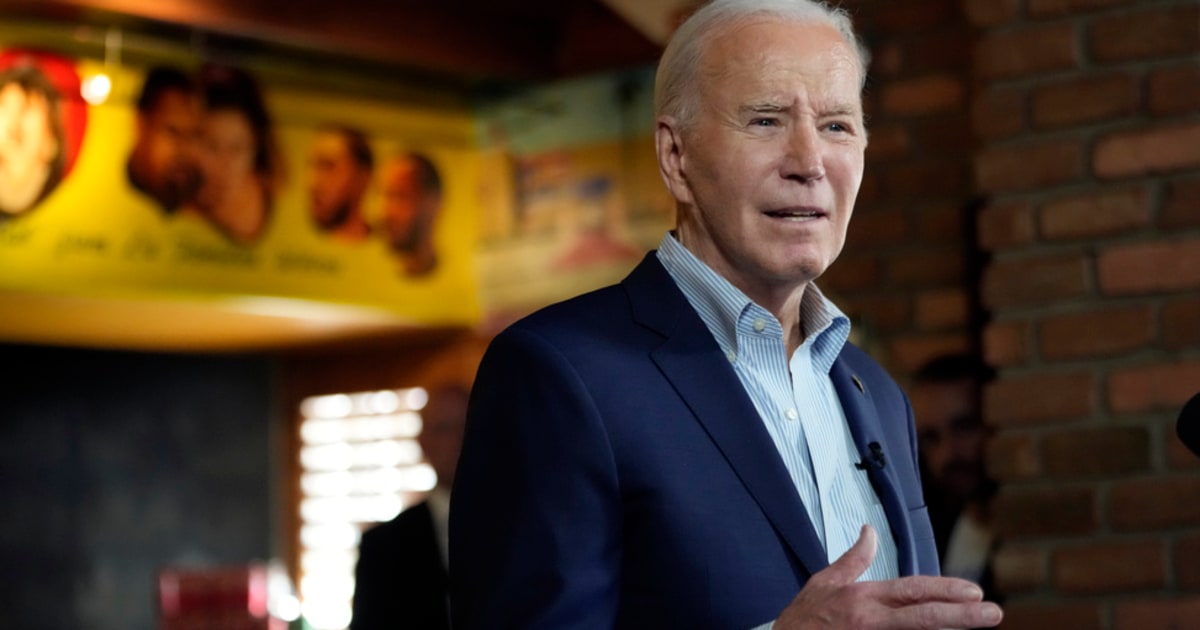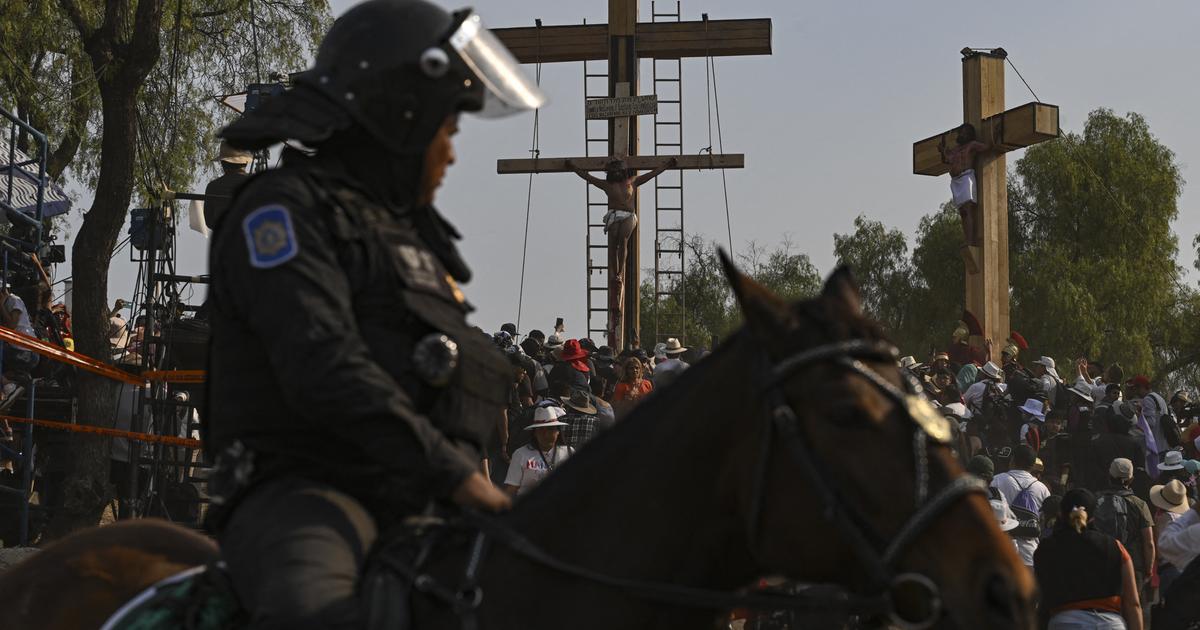Enlarge image
TV duel shortly before the election: Wüst and Kuchaty are fighting for the state chancellery
Photo:
Oliver Berg / dpa
When Peer Steinbrück was still Prime Minister of North Rhine-Westphalia, he was responsible for one of the darkest days in the post-war history of the SPD state association.
It was May 22, 2005, the CDU won the state elections, the Social Democrats, on the other hand, fell and got their worst result in 51 years: 37.1 percent for the comrades - and that in their much-cited heart chamber.
It was a crushing defeat, that's how people felt at the time, also because it ended decades of SPD dominance in North Rhine-Westphalia.
Those were the days.
If Thomas Kutschaty and the SPD got 37.1 percent this Sunday, the party would probably erupt in ecstatic jubilation - that's how far away the polls are from such spheres.
And yet Kutschaty has a chance of moving into the Düsseldorf State Chancellery.
After a sometimes dirty election campaign, pollsters are predicting a close race between Prime Minister Hendrik-Wüst and his SPD opponent Kuchaty in the NRW state elections.
The pollsters see Wüst's CDU shortly before election day between 30 and 32 percent, the Social Democrats are just below the 30 percent mark.
A lot is at stake: Around 13.2 million people are called to vote in North Rhine-Westphalia, which is a good one in six residents in Germany.
NRW is by far the most populous federal state in the republic.
Anyone who governs here automatically has a say in the federal government.
Who has the better chances in this small federal election?
How did the election campaign go?
And what does the result mean for Chancellor Olaf Scholz?
The most important backgrounds:
Struggle for power - the candidates for the chief post
Established incumbent against challengers from the opposition – this pattern does not apply to this state election.
Prime Minister Wüst himself has not been in office for seven months.
Like Steinbrück in his day, he too initially took up his post without a state election.
At the end of October, the CDU man followed Armin Laschet, who now sits as a simple member of the Bundestag after his botched candidacy for chancellor.
Measured against the term in office, SPD man Kuchaty has even more government experience than the prime minister.
While Wüst was Minister of Transport for four years before moving to the State Chancellery, Kutschaty once headed the State Ministry of Justice for seven years: from 2010 to 2017, during the days of Hannelore Kraft's red-green government.
What they both have in common: They are lawyers and are not exactly considered to be great charismatics.
But that was about it.
The 46-year-old Wüst comes from the small town of Rhede in the Münsterland region. In the past he tried to make a name for himself as a conservative voice in the Union (read a portrait of Wüst here).
Adversary Kutschaty, 53, son of a railway worker from Essen, belongs to the left wing of the SPD (you can find the Kutschaty portrait here ).
On the other hand, a woman should decide who will ultimately sit in the state chancellery: Greens top candidate Mona Neubaur, 44, can hope for a historic triumph for her party.
Polls see the Greens at 16 to 18 percent, so they are almost set for the next coalition - and Neubaur as Deputy Prime Minister (read more about Mona Neubaur here).
Time of scandals - the election campaign
Party strategists had already predicted at the beginning of the year that this election campaign would be carried out with a heavy hand.
No wonder, the race in the West has been too close for months.
But what problems and affairs the Union and SPD would then actually deal with was not foreseeable at the time.
Above all, there would be the resignation of Environment Minister Ursula Heinen-Esser.
The CDU politician had to leave because she flew to Mallorca for a birthday party shortly after the flood disaster last year.
For its part, the SPD had to defend itself against harsh attacks – for example, because an employee of Sarah Philipp, a member of the state parliament, had tried to scout out the Instagram channel of Heinen-Esser's young daughter.
In addition, the Union bullied the Social Democrats with biting questions about their controversial Russia policy.
In general, the Ukraine war and the consequences for Germany overshadowed many debates.
At least the SPD tried to put their demands for more educators, teachers or nurses forward.
The Union promoted security and the fight against clans.
Play of colors – the possible coalitions
Black and yellow have ruled in Düsseldorf since 2017.
At that time, CDU man Laschet and FDP leader Christian Lindner had forged the alliance in NRW.
Both have now reoriented themselves, and the coalition is also likely to come to an end shortly.
The Liberals in particular are weakening, but the Union is also a long way from peak periods in the polls.
Together, both parties are no longer within reach of a majority.
It is therefore much more likely that the CDU will have to court the favor of the Greens in order to stay in power.
Black-green is at least a conceivable option if the Union ends up in first place.
Although there are clear reservations among the Greens, the party leadership did not seem entirely averse to it.
According to the polls, the Social Democrats, on the other hand, have legitimate hopes of reviving the Red-Green Party and replacing the previous government, thanks to the strength of the Greens.
If that's not enough, a traffic light with the FDP would also be conceivable - as long as the liberals play along and don't prefer to push for a Jamaica alliance.
An SPD cooperation with the Left Party, however, seems off the table.
Not only because the North Rhine-Westphalian left is traditionally considered to be particularly difficult.
Rather, the left has slipped in NRW as well as in the federal government.
While the AfD, for example, has a good chance of returning to parliament, the comrades were recently well below the five percent hurdle in the polls.
View from Berlin - the consequences for the federal government
In Berlin, people are looking forward to the NRW elections with great excitement.
Of course, whoever is in power in the West is usually automatically included in the group of those who might one day be considered for the chancellorship.
This should apply to Wüst in particular in the near future.
It has not yet been decided in the Union who will challenge Olaf Scholz in the federal government in 2025.
Should Wüst win in NRW, he would certainly be in the running.
But the election is also highly explosive for the incumbent federal government, the chancellor and his SPD.
A copy of this alliance of SPD, Greens and FDP in Düsseldorf would of course be a strategic gain for the traffic light government.
The Social Democrats can also use a success particularly badly.
They are under massive pressure because of their Ukraine and Russia policies.
To do this, they just had to suffer a crushing defeat in Schleswig-Holstein.
Should the comrades also go under in their former stronghold, that could herald a negative trend from which the Social Democrats, who have only just resurrected, will first have to work their way out.
In this case, the Union could finally celebrate its comeback.









